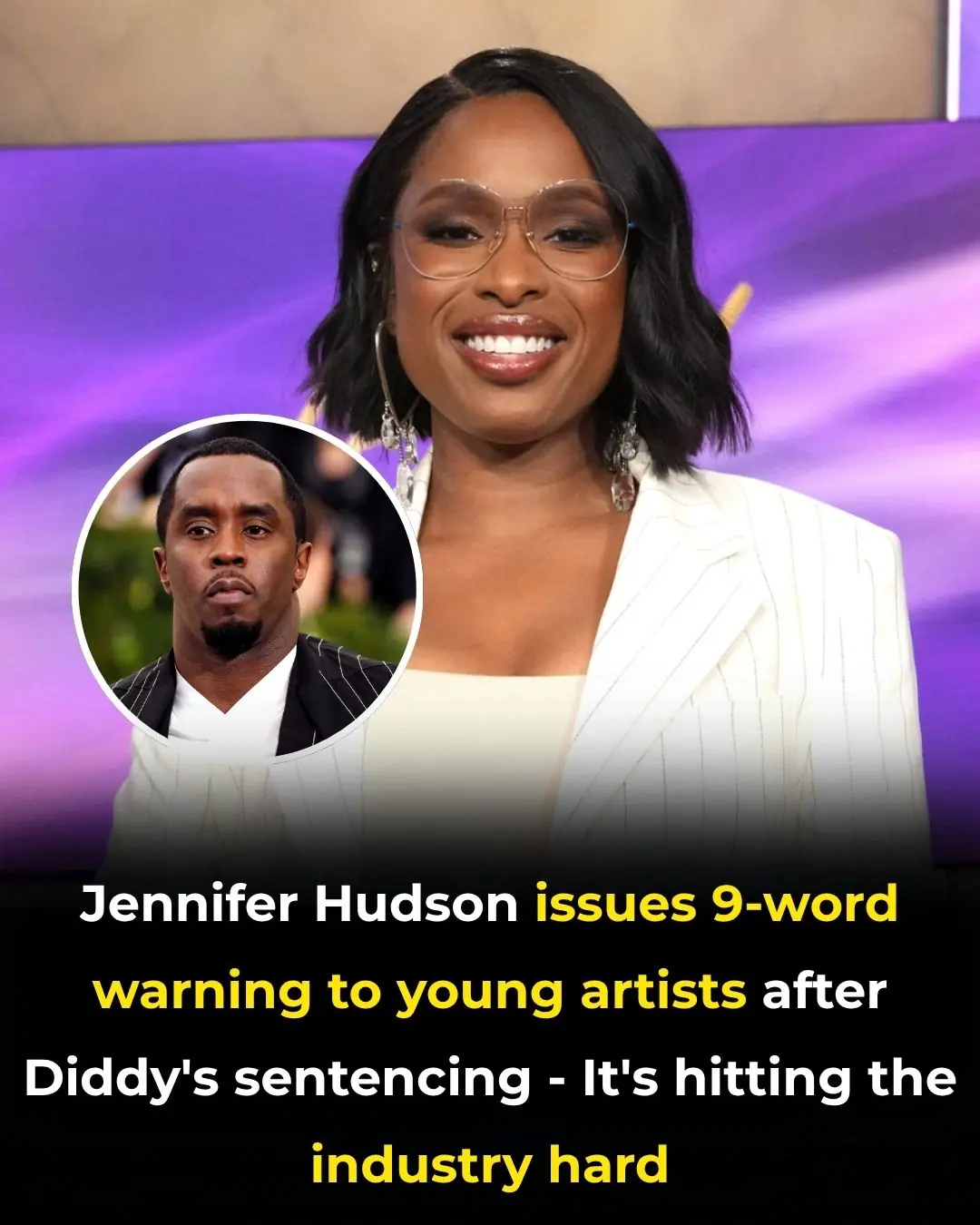
Robin Williams' daughter begs people to stop sending 'disgusting' videos of her father to her
Zelda Williams Condemns AI Videos of Her Late Father Robin Williams: “It’s Not What He’d Want”
Zelda Williams, daughter of the late actor and comedian Robin Williams, has issued a powerful and emotional plea for people to stop sending her AI-generated videos of her father. In a series of Instagram Stories posted on October 6, the 36-year-old actress and director expressed deep frustration and distress over the growing trend of digitally recreating deceased celebrities using artificial intelligence.
Robin Williams, beloved for his iconic roles in Mrs. Doubtfire, Dead Poets Society, and Good Will Hunting, died by suicide in August 2014 at the age of 63. A postmortem revealed he had been suffering from Lewy body dementia (LBD), a progressive neurodegenerative disease that causes cognitive decline and symptoms similar to Parkinson’s disease (USA Today, 2025).
“Please, Just Stop”
Zelda’s message was direct and uncompromising. “Please, just stop sending me AI videos of Dad,” she wrote. “Stop believing I wanna see it or that I’ll understand, I don’t and I won’t. If you’re just trying to troll me, I’ve seen way worse, I’ll restrict and move on. But please, if you’ve got any decency, just stop doing this to him and to me, to everyone even, full stop. It’s dumb, it’s a waste of time and energy. And believe me, it’s NOT what he’d want” (Forbes, 2025).
She went on to criticize the use of AI to mimic her father’s voice and likeness, calling it “disgusting” and “maddening.” “To watch the legacies of real people be condensed down to ‘this vaguely looks and sounds like them so that’s enough,’ just so other people can churn out horrible TikTok slop puppeteering them is maddening,” she wrote. “You’re not making art, you’re making disgusting, over-processed hotdogs out of the lives of human beings, out of the history of art and music, and then shoving them down someone else’s throat hoping they’ll give you a little thumbs up and like it. Gross” (Global News, 2025).
A Broader Critique of AI in Entertainment
Zelda also rejected the notion that AI represents the future of entertainment. “AI is just badly recycling and regurgitating the past to be reconsumed,” she said. “You are taking in the Human Centipede of content, and from the very very end of the line, all while the folks at the front laugh and laugh, consume and consume” (Yahoo Entertainment, 2025).
Her comments come amid growing concern over the ethical implications of AI-generated content, especially when it involves deceased public figures. The issue was a major point of contention during the 2023 SAG-AFTRA strike, where actors demanded protections against unauthorized digital recreations of their likenesses. Zelda herself spoke out during the negotiations, calling AI recreations “a horrendous Frankensteinian monster” and warning that they violate the dignity of real people (MSN, 2025).
A Divided Industry
While Zelda’s stance has been widely supported, others in the entertainment industry have expressed interest in using AI to preserve or revive iconic voices. Actor Matthew Lawrence, who played Robin Williams’ son in Mrs. Doubtfire, told Entertainment Weekly at Comic-Con in July that he would “love” to use AI to recreate Williams’ voice—provided it was done with respect and the family’s approval. “That voice is just so iconic,” Lawrence said. “It’s in everybody’s head. And it would be so cool” (Entertainment Weekly, 2025).
However, Zelda’s response underscores the emotional toll such recreations can have on surviving family members. Her plea has sparked renewed debate about the boundaries of technology and the importance of consent in digital storytelling.
A Call for Respect
Zelda Williams’ message is not just a personal request—it’s a call for ethical responsibility in the age of AI. As she continues her own career in film, including her directorial debut with Lisa Frankenstein in 2024, she remains a vocal advocate for preserving the integrity of real human legacies.
Her words serve as a reminder that behind every digital recreation is a real person, a real family, and a real history that deserves respect—not exploitation.
News in the same category


Jennifer Hudson Credits Oprah Winfrey for Teaching Her the ‘Grace of the Spotlight’ — A Friendship Years in the Making

Tee it high, buy it low: Shop extended Prime Day golf deals before time runs out

‘High-functioning alcoholic’ shares moment she realised it was a problem

KISS legend Gene Simmons, 76, hospitalized after scary car crash in Malibu
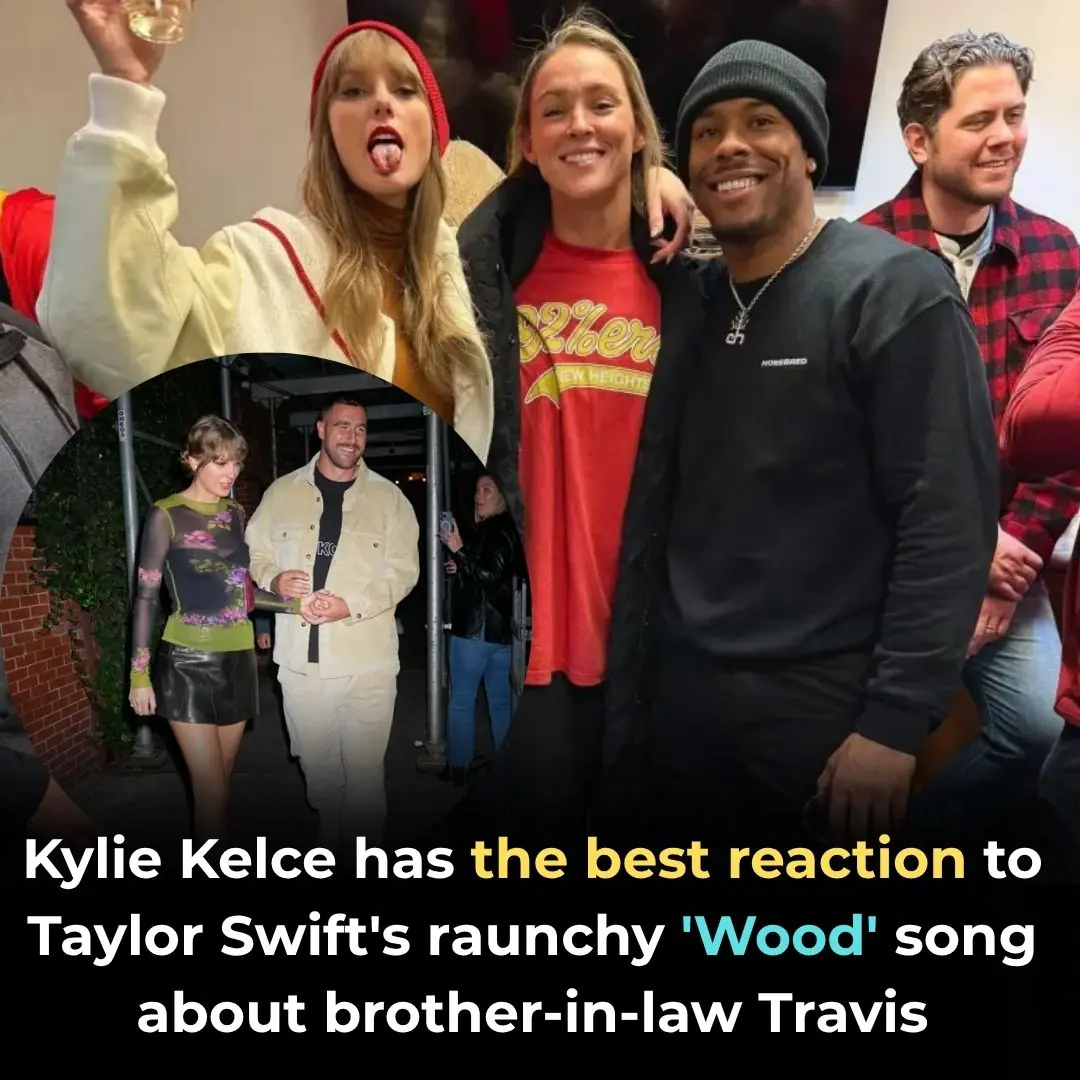
Kylie Kelce has the best reaction to Taylor Swift’s raunchy ‘Wood’ song about brother-in-law Travis

50 Cent's extreme body transformation left people questioning whether it was actually real
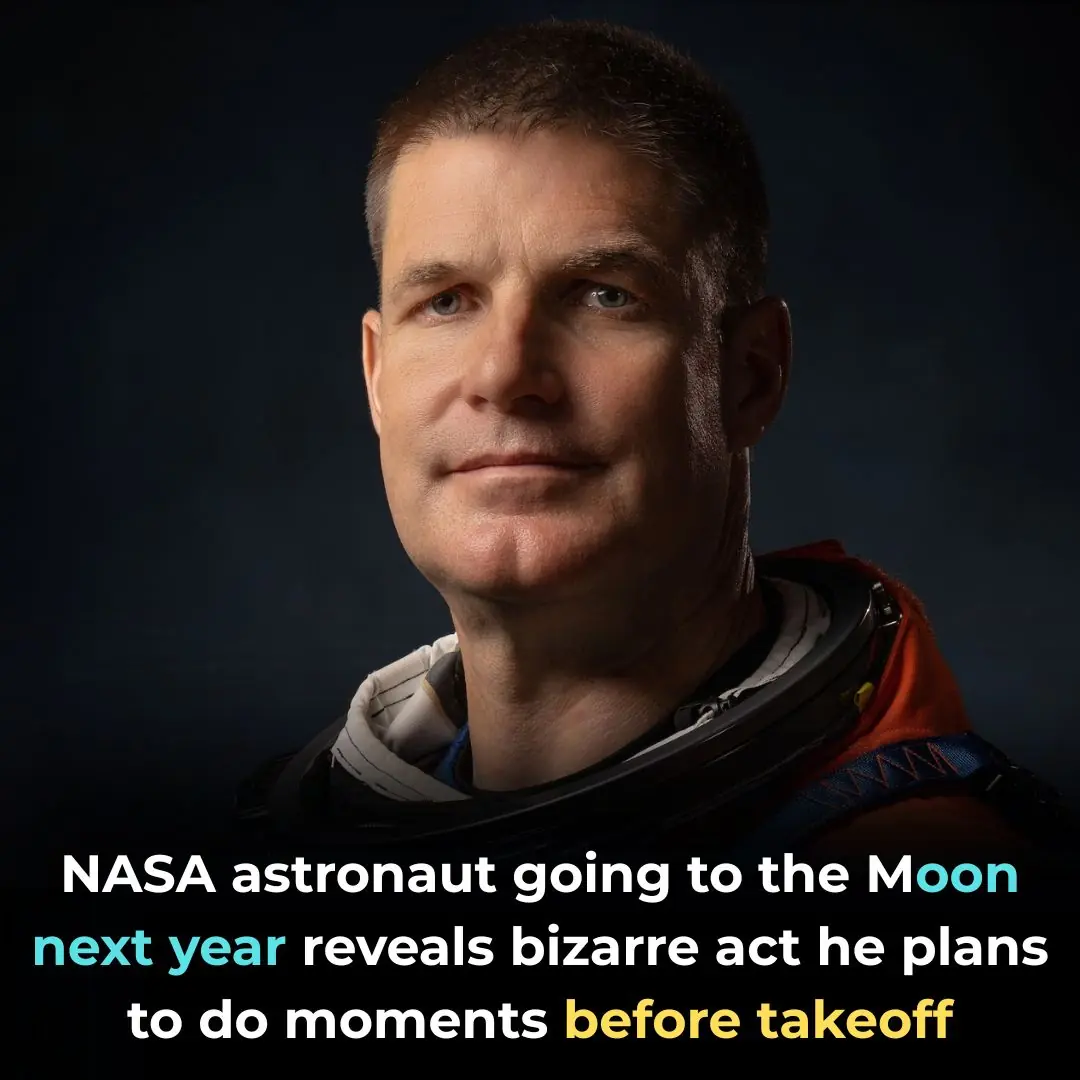
NASA astronaut going to the Moon next year reveals bizarre act he plans to do moments before takeoff
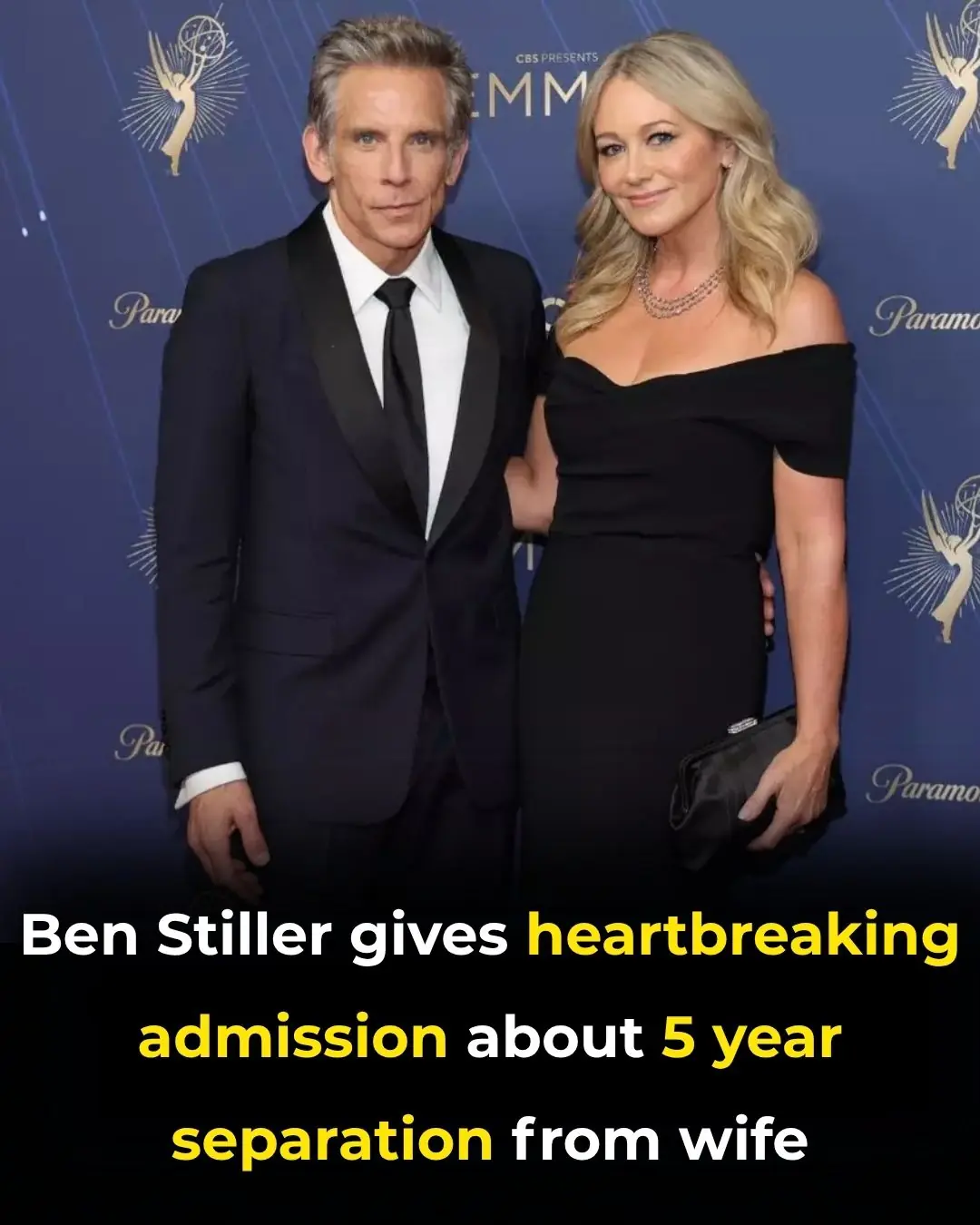
Ben Stiller gives heartbreaking admission about 5-year separation from wife

Donald Trump reveals real reason why he's never drunk a drop of alcohol

Demi Lovato shows off her incredibly taut face as she wears a daring skin tight bodysuit at Coperni show during Paris Fashion Week
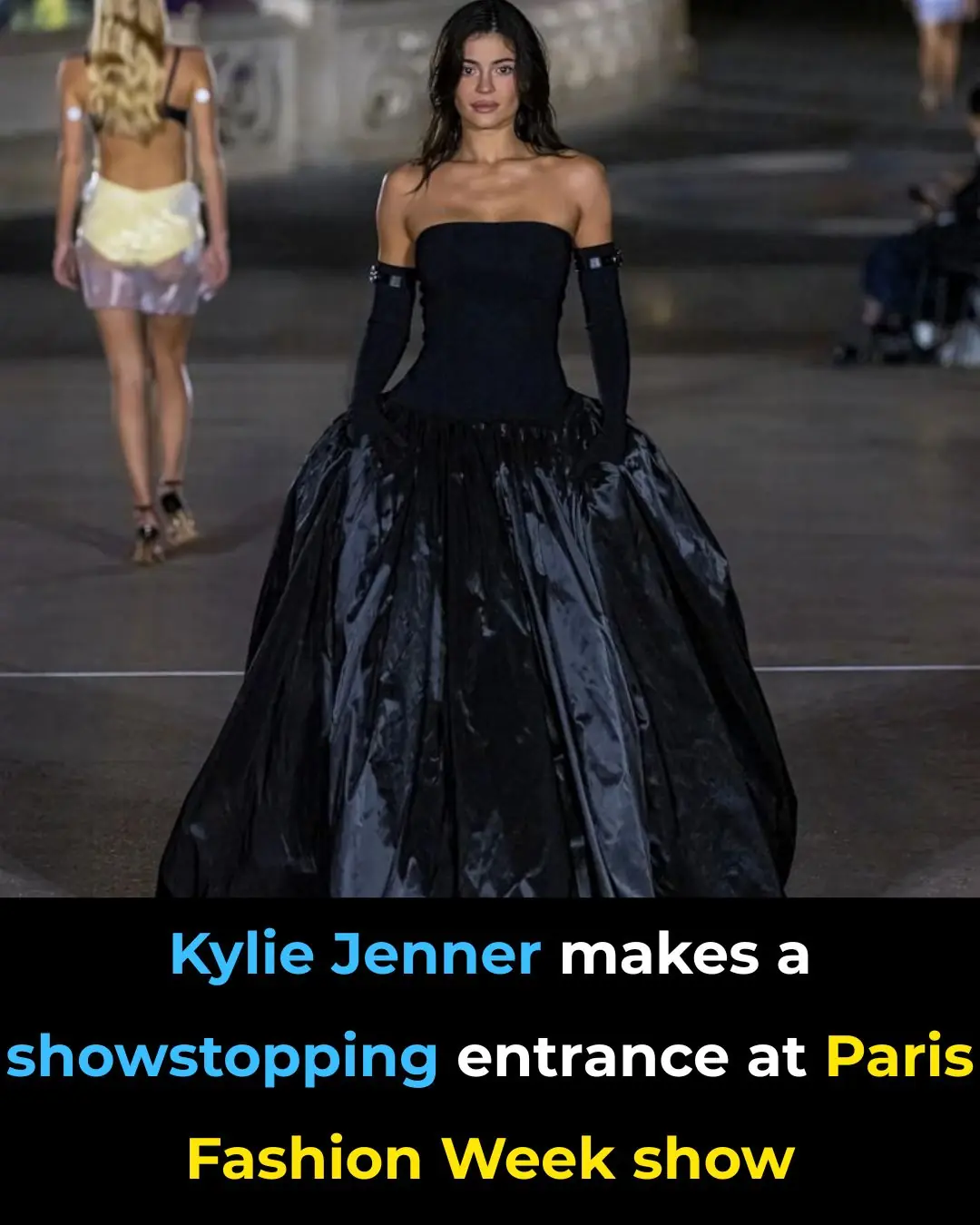
Kylie Jenner flaunts her curves in a plunging sheer black lace dress as she makes a showstopping entrance for Paris Fashion Week's Miu Miu show

Julia Fox Recalls Spending $68,000 on 'Hundreds' of Designer Items in 1 Night Using an Ex's Credit Card

Demi Moore Brings Back Her Iconic Bangs ‘For the First Time Since the Striptease Days!’

Inside Angelina Jolie’s plans to move from ‘unrecognizable’ America to Cambodia following Brad Pitt divorce

‘Trade For Shedeur Man SMFH’: NBA Star Dame Lillard Wants Raiders To Dump Pick-Prone QB Geno Smith While Dillon Gabriel Gets Dragged Into Backlash
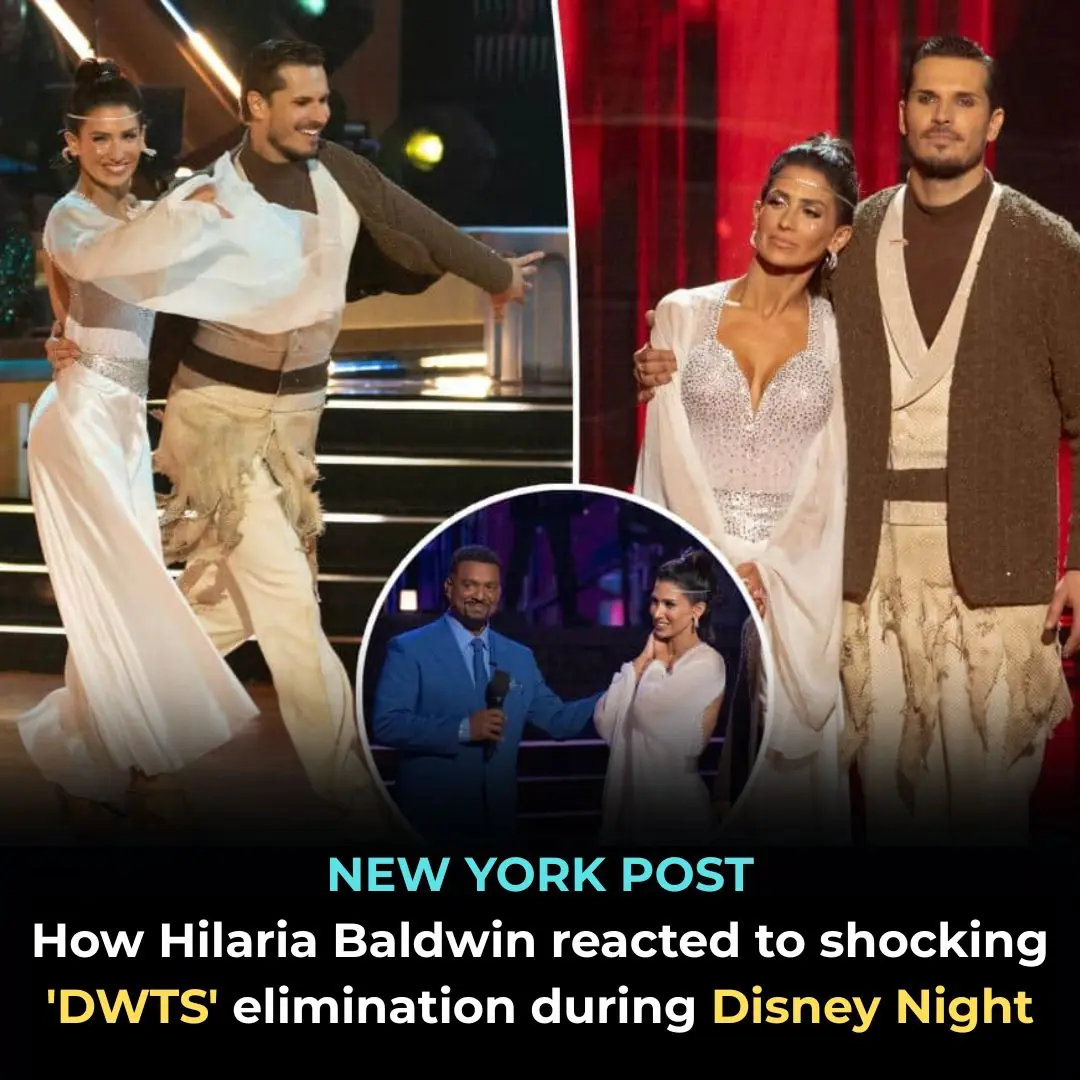
How Hilaria Baldwin reacted to shocking ‘DWTS’ elimination during Disney Night
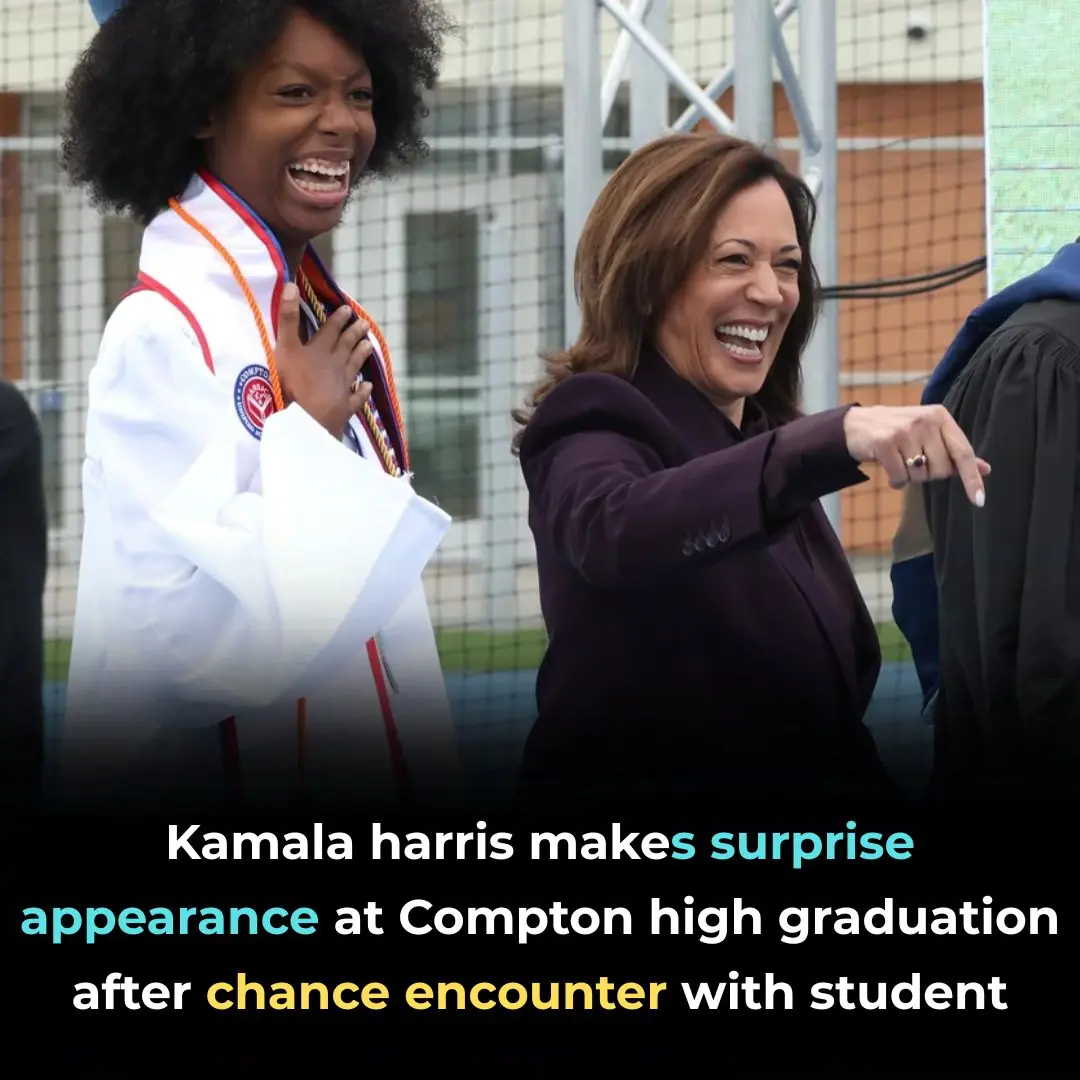
Kamala Harris Makes Surprise Appearance at Compton High Graduation After Chance Encounter With Student
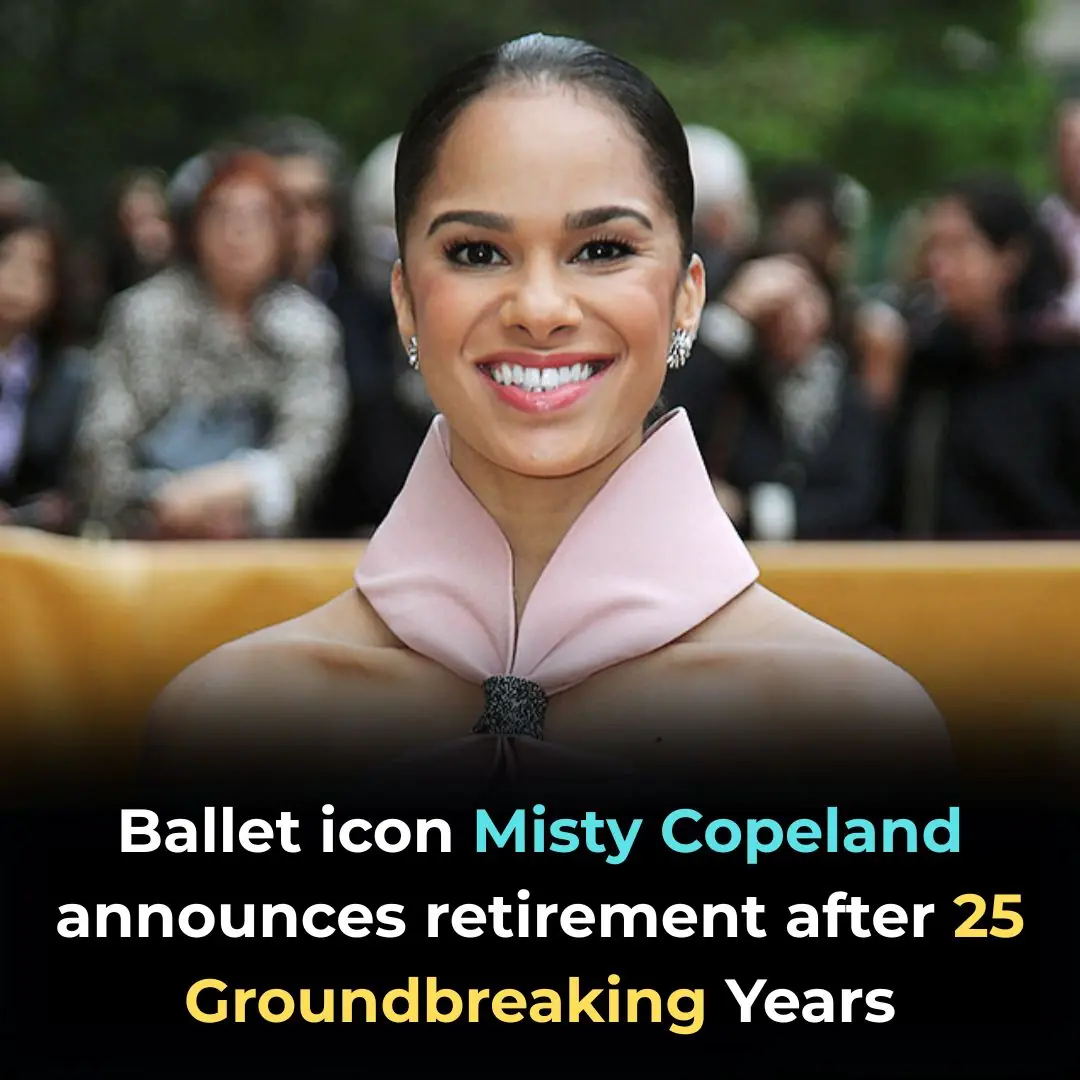
Ballet Icon Misty Copeland Announces Retirement After 25 Groundbreaking Years
News Post

Ginger, Soursop, Sorrel, and Turmeric – The Miracle Drink

Kyllinga brevifolia (Rottb): Benefits and How to Use It

Purslane: The Superfood That Tastes Better Than Meat – 7 Reasons to Grow It in Your Garden

Papaya releases a milky sap, but most people don’t realize how important it is

Discover The Miraculous Benefits of Moringa

Bryophyllum Calycinum (Kalanchoe Pinnata): Benefits and Uses

How to Quickly Get Rid of Bed Bugs, Cockroaches, Fruit Flies, and Other Insects Using Natural Ingredients

Fig Leaves: Surprising Benefits and Uses
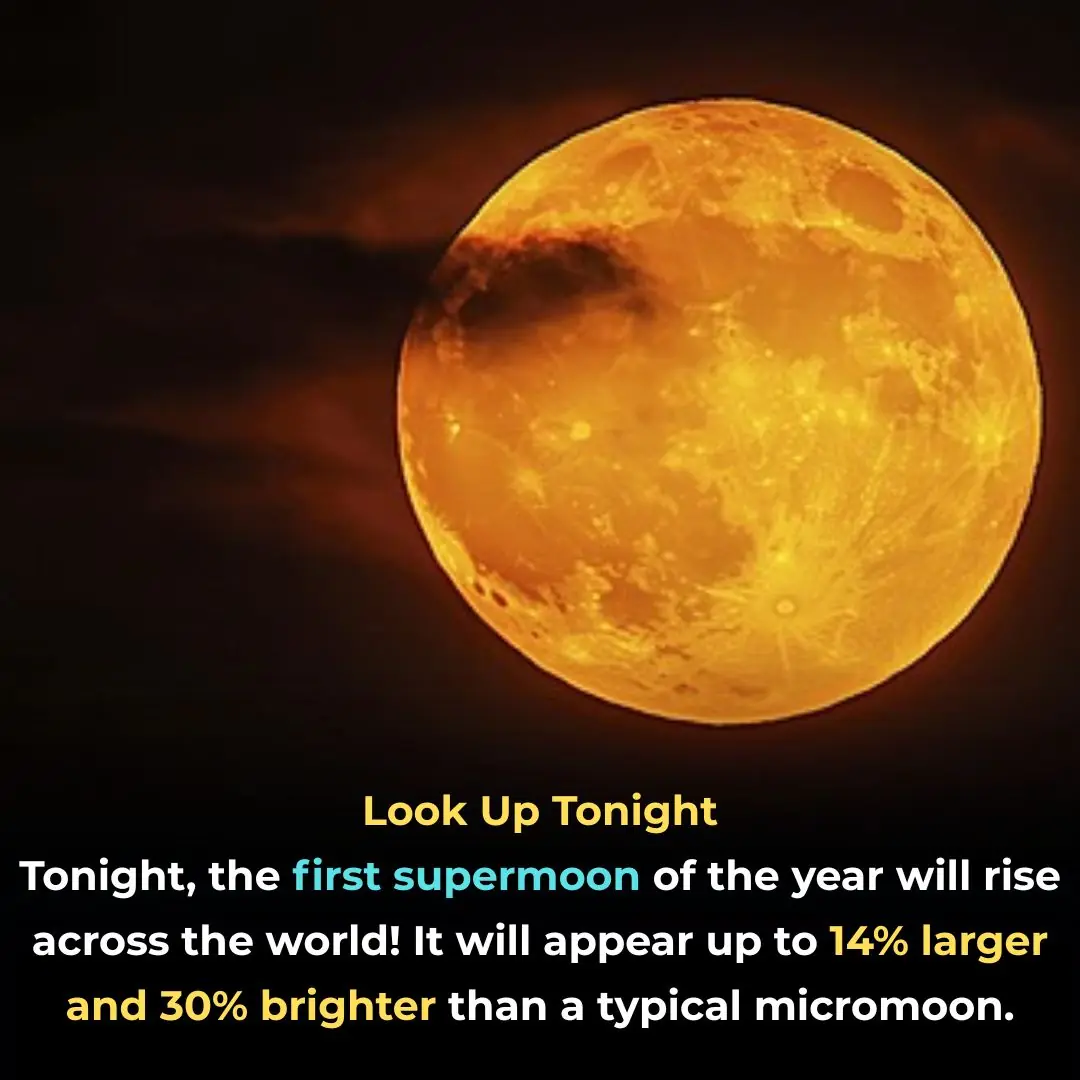
BREAKING NEWS 🚨 Due To This Hunter’s Moon Earth Will Be Completely…See More
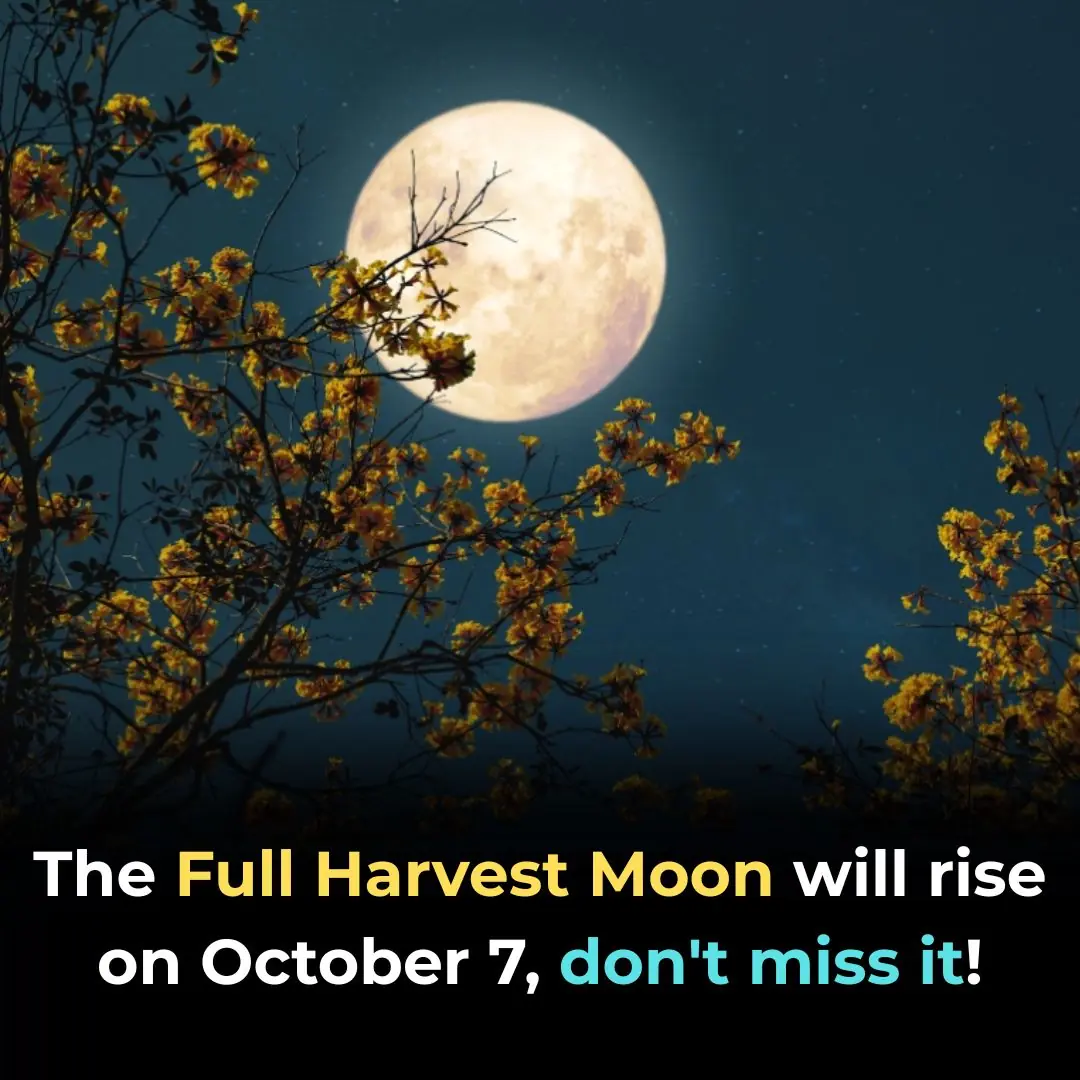
BREAKING NEWS 🚨 Due To This Hunter’s Moon Earth Will Be Completely…See More
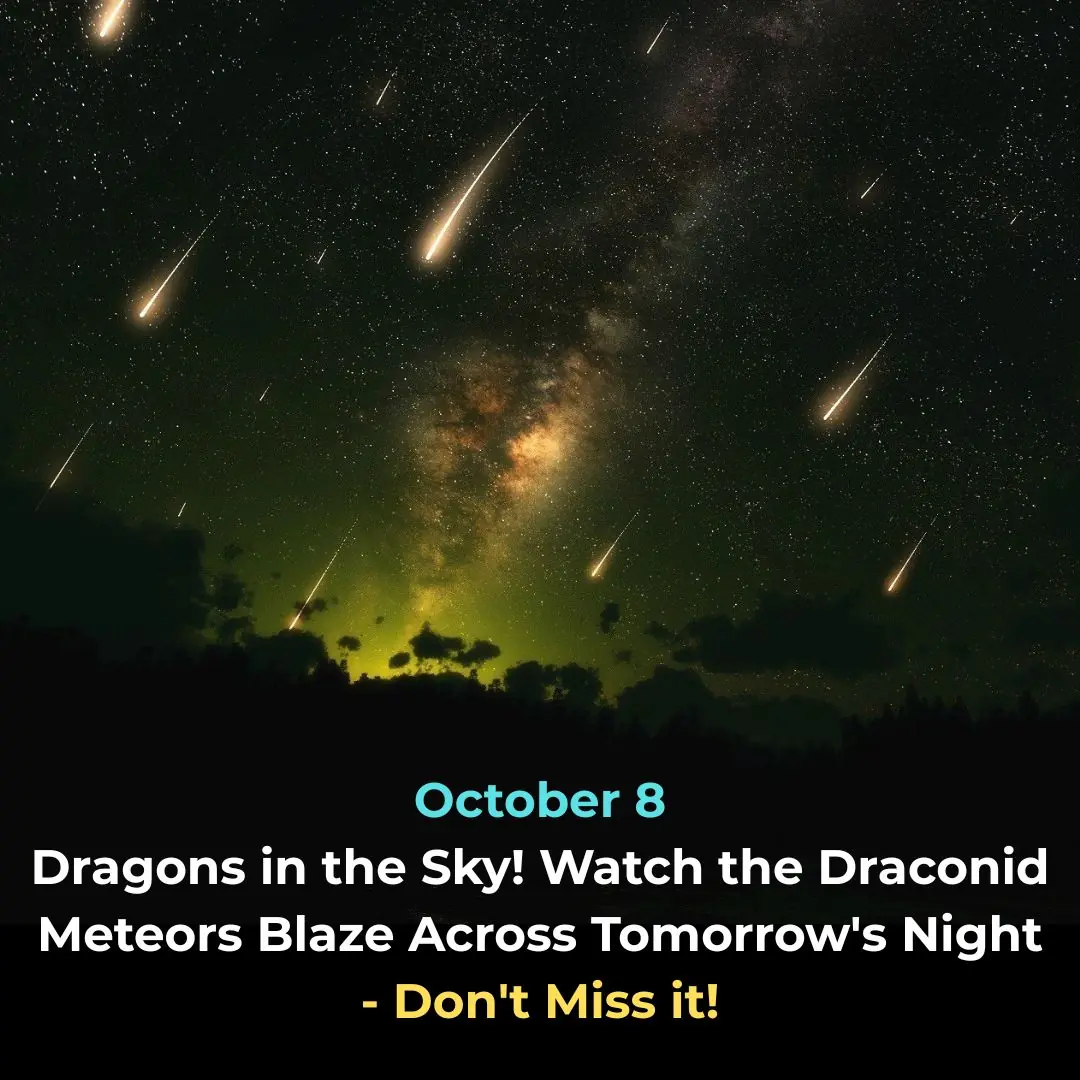
BREAKING NEWS 🚨 Due To This Draconid Meteor Shower Earth Will Be Badly Effected Because…..See More
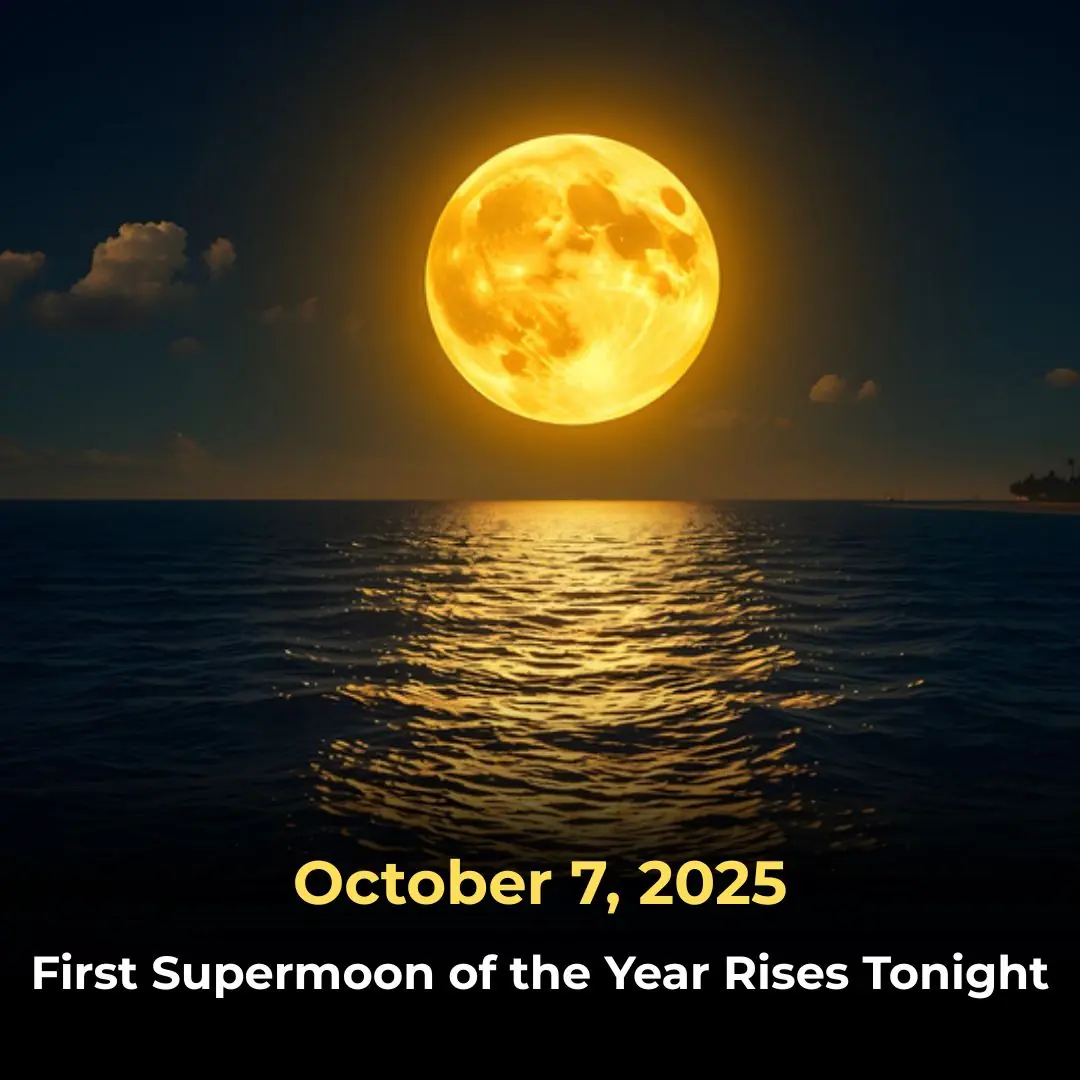
BREAKING NEWS 🚨 Due To This Hunter’s Moon Earth Will Be Completely…See More
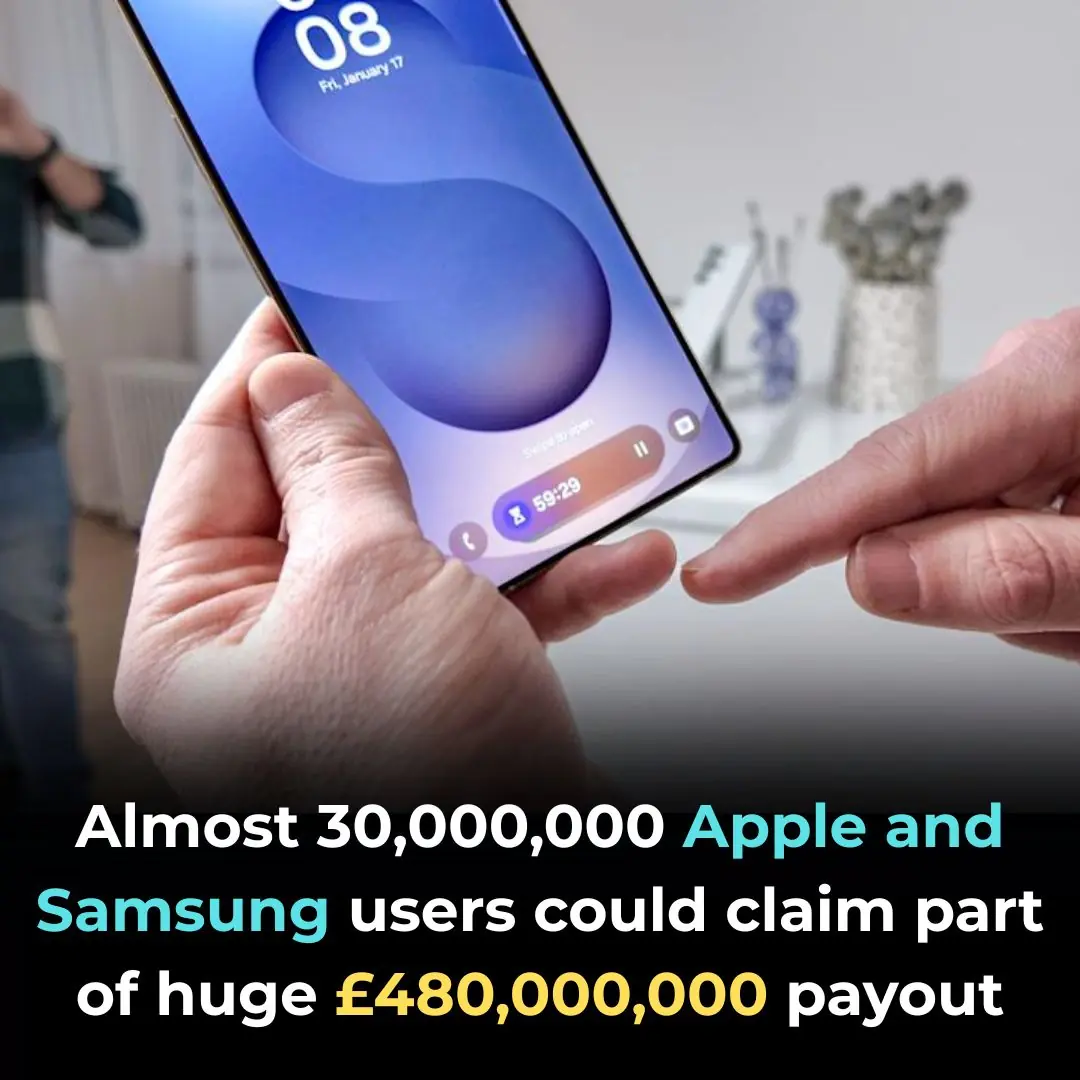
Almost 30,000,000 Apple and Samsung users could claim part of huge £480,000,000 payout

Xbox users all say same thing following GameStop's decision to keep Xbox Gamepass at $19.99

Apple just added a new app to iPhone with iOS 26 and most people have no idea
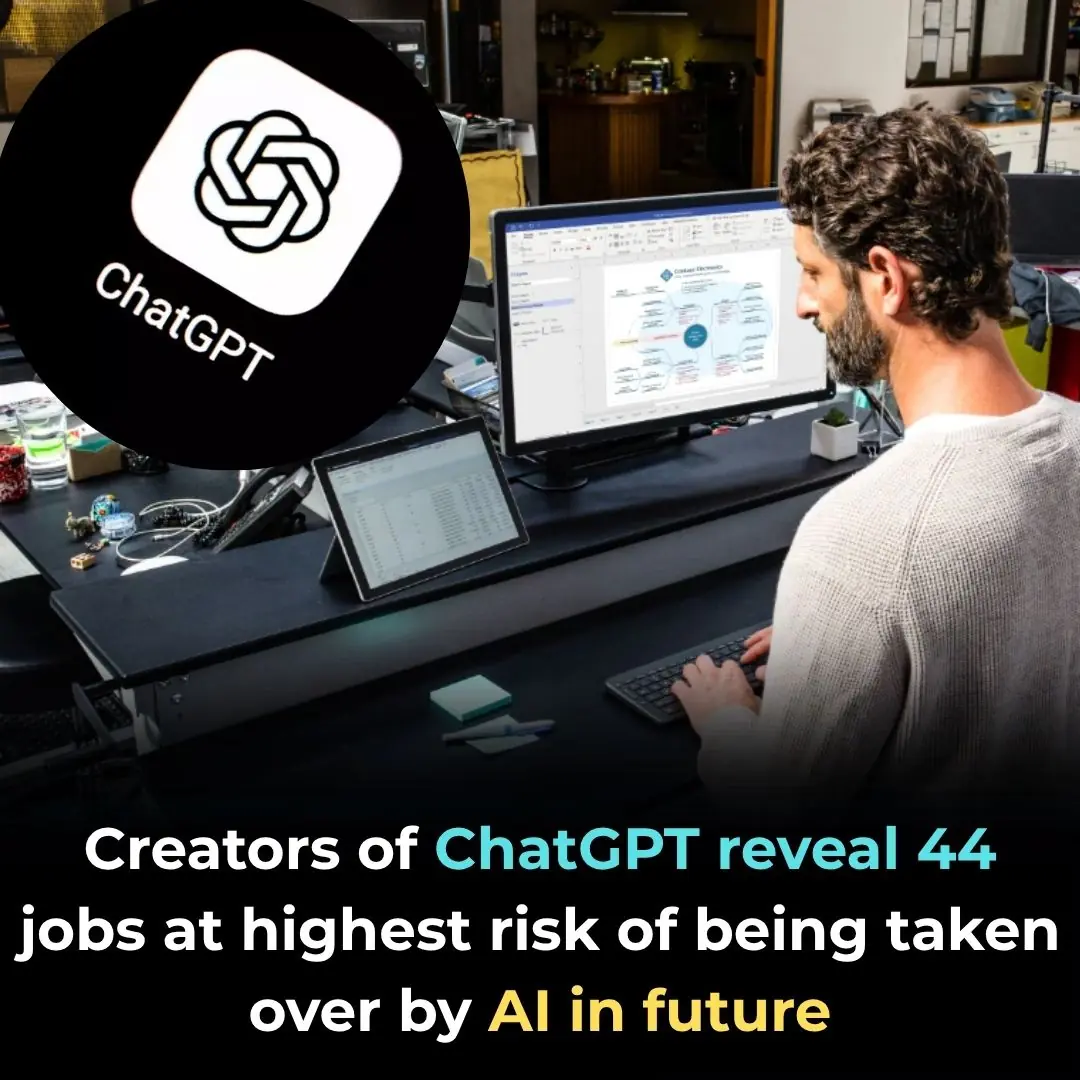
Creators of ChatGPT reveal 44 jobs at highest risk of being taken over by AI in future

Lard vs. Cooking Oil: Which Is Better? Many People Still Misunderstand This Issue

Miraculous: Placing an Orange Beside Your Bed Can Surprisingly Improve Your Health
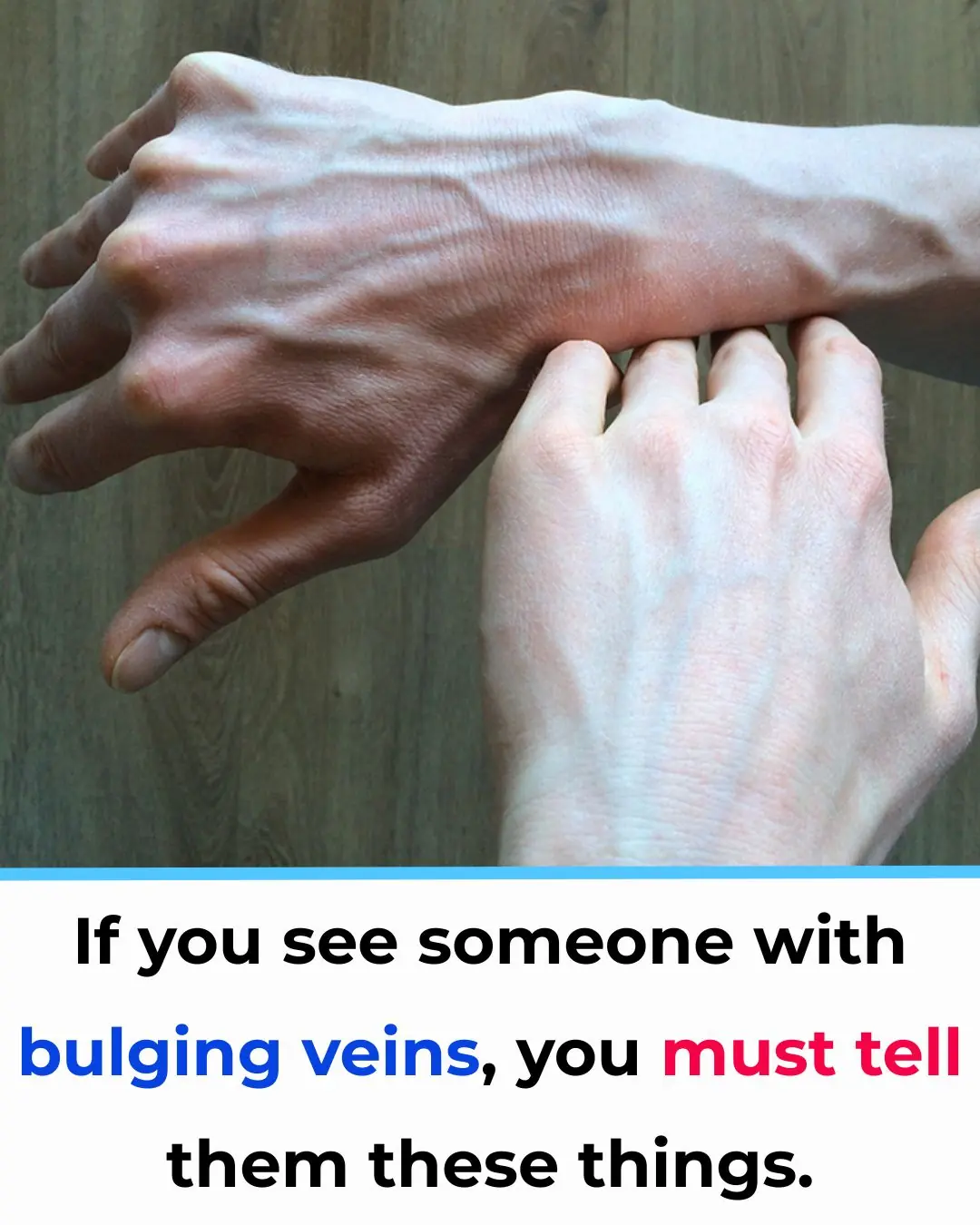
If You See Someone With Prominent Blue Veins, You Definitely Need to Tell Them This—It Could Save Their Life
